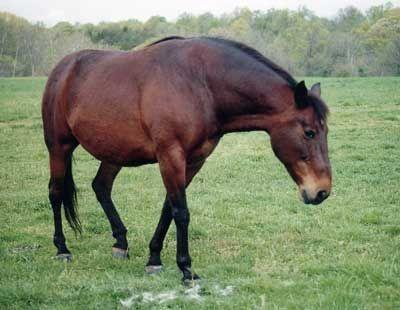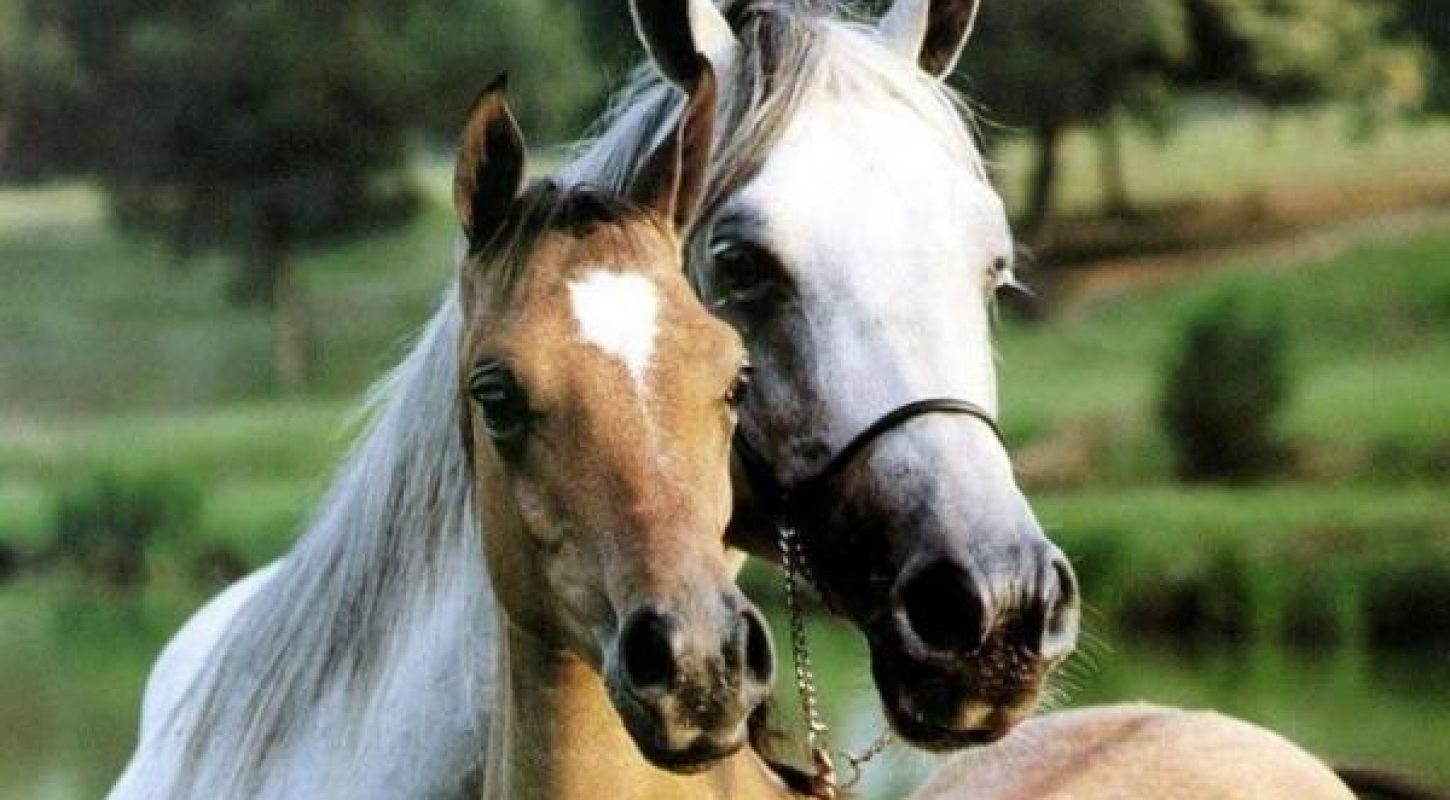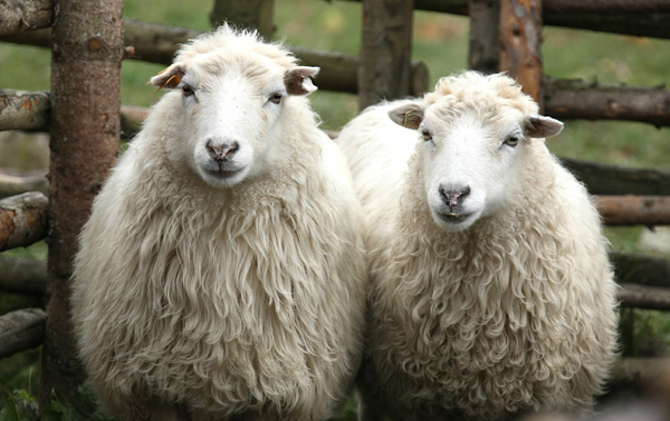It’s really disturbing to realize that behind the scenes of a fun afternoon at the track is abuse, constant injuries, and lives that often ends in slaughter or euthanasia.
From the beginning, racing horses are bred to have muscular bodies (at least 1,000 pounds) that are far too heavy to be supported by their tiny ankles, which are the size of a human’s. When they are young, these horses begin training, running at high speeds on tracks that are too hard for their still-growing skeletons. They travel constantly, working with multiple handlers, so they never have a home or an opportunity to bond with people or other horses.
Racing horses can cost millions of dollars, and when they become injured, they are often euthanized to save the owner money on veterinary fees. Worse, there has been an instance of an unscrupulous owner breaking the legs of a retired horse, euthanizing him, then collecting insurance money.

Even in their prime, horses are given drugs to make them run faster and to mask the pain of the inevitable injuries they sustain while running at high speeds on hard tracks. Stress fractures and strained tendons are common, and for a racehorse, a broken bone is a death sentence. Many people don’t realize that the United States has a multimillion-dollar horsemeat export business and slaughters tens of thousands of horses every year.
It feels terrible to look these facts in the face, but we can do our part to help, by refusing to patronize existing tracks, working to reform and enforce racing regulations, lobbying against the construction of new tracks, and educating friends and family about the tragic lives of racehorses.
Here’s what Kind Lifers can do to help:
- Boycott racetracks
- Lobby against the construction of new tracks
- Lobby for safer tracks and handling of horses by signing PETA’s petition
- Educate friends and family about the tragic lives of racehorses
- Adopt a rescued racehorse from one of these organizations: Redwings Horse Sanctuary or the Equine Rescue League
If you’d like to read more about this topic and stay up to date on developments:
- Join the PETA Facebook page
- Follow PETA on Twitter
- Get detailed info on the PETA website
Let’s help the horses!




